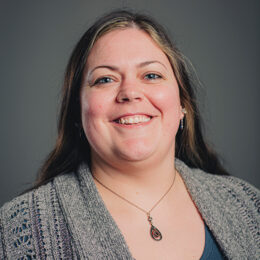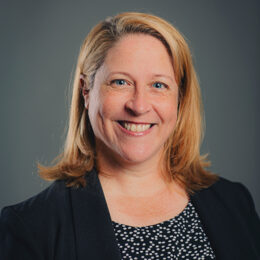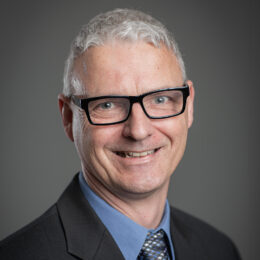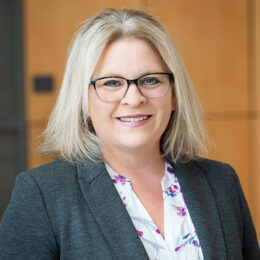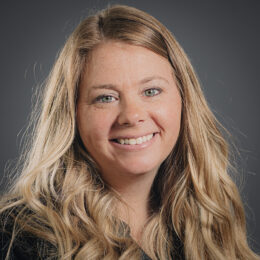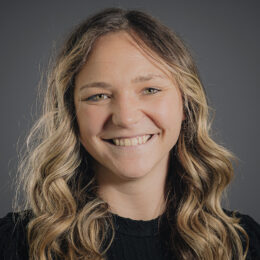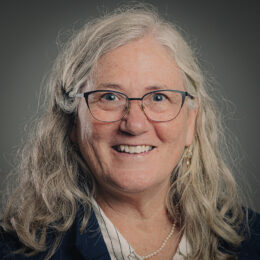Applied Pre-Physical Therapy
Manchester’s Pre-Physical Therapy program prepares you to become a highly skilled healthcare professional. Gain hands-on experience, build essential knowledge in human movement and rehabilitation, and receive expert guidance as you pursue your BS in Clinical and Rehabilitation Sciences—positioning you for success in competitive Doctor of Physical Therapy programs.
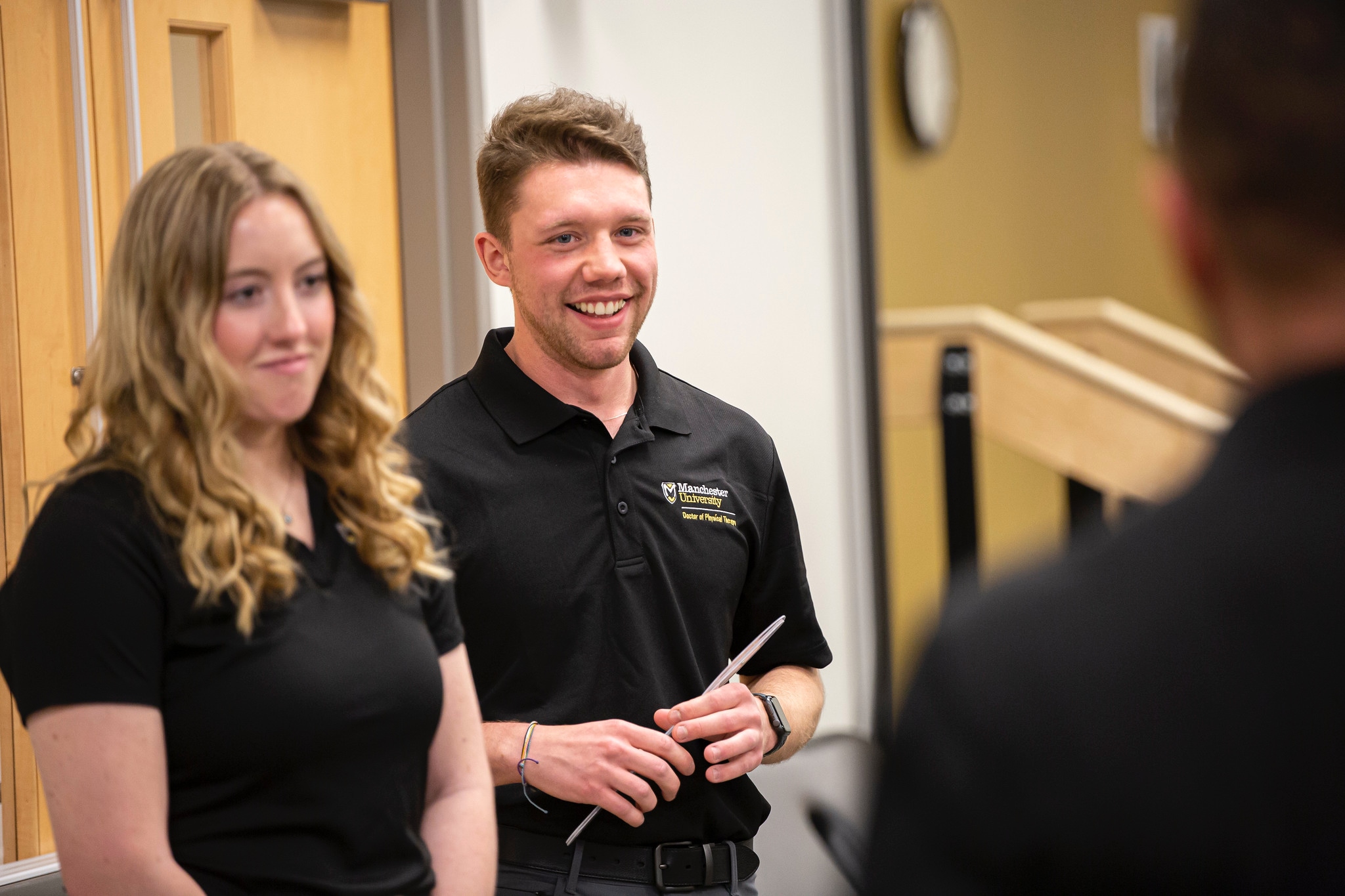
Pre-Physical Therapy Applied Degree in Three Years
With an applied program degree at Manchester University, you’ll only need 90+ total credits to complete your BS within the Pre PT Program. Designed to align with the entry requirements for Doctor of Physical Therapy (DPT) Program at Manchster University Fort Wayne, this program ensures you’re ready for next steps academically and professionally. However, students are still offered the traditional four-year degree pathway within the 120-hour total credit hours of coursework. Whether your goal is to help others recover from injury, improve mobility, or manage chronic conditions, you’ll graduate ready to make a difference as a future healthcare provider.
Program Information:
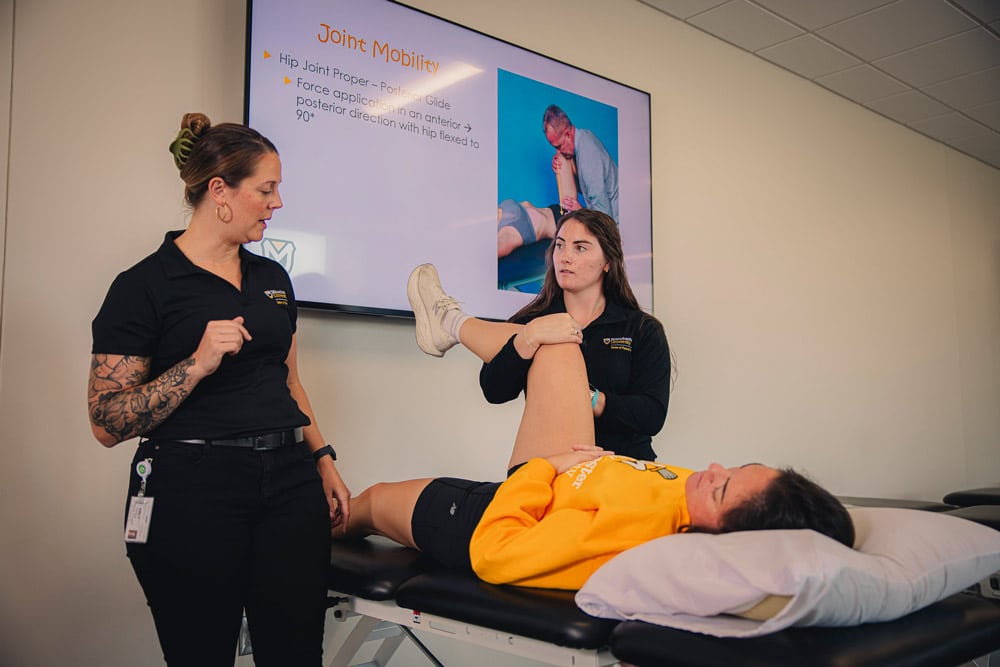
Accelerated or Traditional: Two Pathways to a Career in Health and Rehabilitation Sciences
Degree in 3-years
Manchester University gives you two clear pathways to graduation, so you can choose the timeline that fits your goals. Degree in Three is the first program of its kind in the state of Indiana, leading to an Applied Degree, and it lets you complete your bachelor’s degree in just six semesters.You’ll move through your courses at an intentional, accelerated pace, earning 90 or more credits and stepping confidently into a master’s program or the workforce.
Graduate in 4 Years
If you want the full four-year experience (more time for athletics, Esports, student activities, research, internships, or simply immersing yourself in campus life) you can follow the traditional timeline and complete 120 credits within MU’s Exercise Science – Clinical Rehabilitation Sciences Program. Both routes lead to the same high-quality Manchester degree; the choice is all about what works best for you.
Why Choose MU for Pre-Physical Therapy?

High Graduate School Acceptance Rates
Immersive Hands-On Learning
From day one, you’ll gain real-world experience through internships, fieldwork, and labs—so you graduate prepared for the clinical demands of physical therapy.
State-of-the-Art Facilities
Degree in Three
Earn your degree inside of three years within 90 total credit hours when you choose the Applied Pre-Physical Therapy Program path.
What You Can Do with Your Applied Pre-Physical Therapy Degree
Manchester University’s Pre-Physical Therapy Program is your gateway to a multitude of academic and professional opportunities as a healthcare professional. Easily completing your Pre-PT Degree in three years, graduates of the program can continue their education at MU Fort Wayne’s Doctor of Physical Therapy (DPT). Here we provide highly sought-after skills and experience for a wide range of opportunities in areas such as:
Licensed Physical Therapist
Diagnose and treat patients in clinical and outpatient healthcare settings
Rehabilitation Specialist
Support recovery in hospitals, nursing homes, and senior care facilities.
Clinical Researcher
Contribute to advancements in therapies through scientific study and analysis.
Sports Medicine Consultant
Advise athletes and teams on injury prevention and physical recovery.
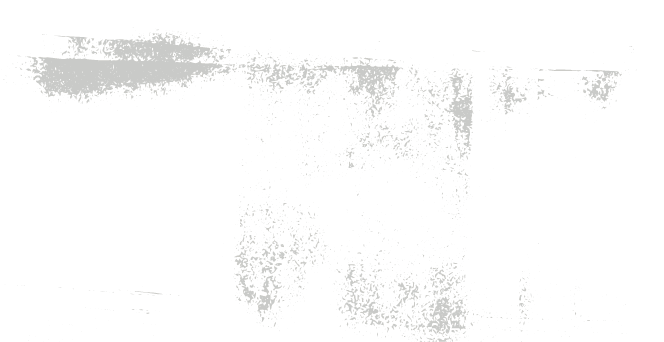
Average Starting Salary for Pre-Physical Therapy Graduates
Graduates who go on to earn a Doctor of Physical Therapy (DPT) degree enjoy strong job prospects and competitive salaries. According to the U.S. Bureau of Labor Statistics, the median annual salary for physical therapists was $97,720 in 2022, with the top 10 percent earning more than $142,730. Salaries vary by setting, location, and specialization—those working in hospitals or outpatient clinics often earn more. Demand continues to rise, making physical therapy a stable and rewarding career path.
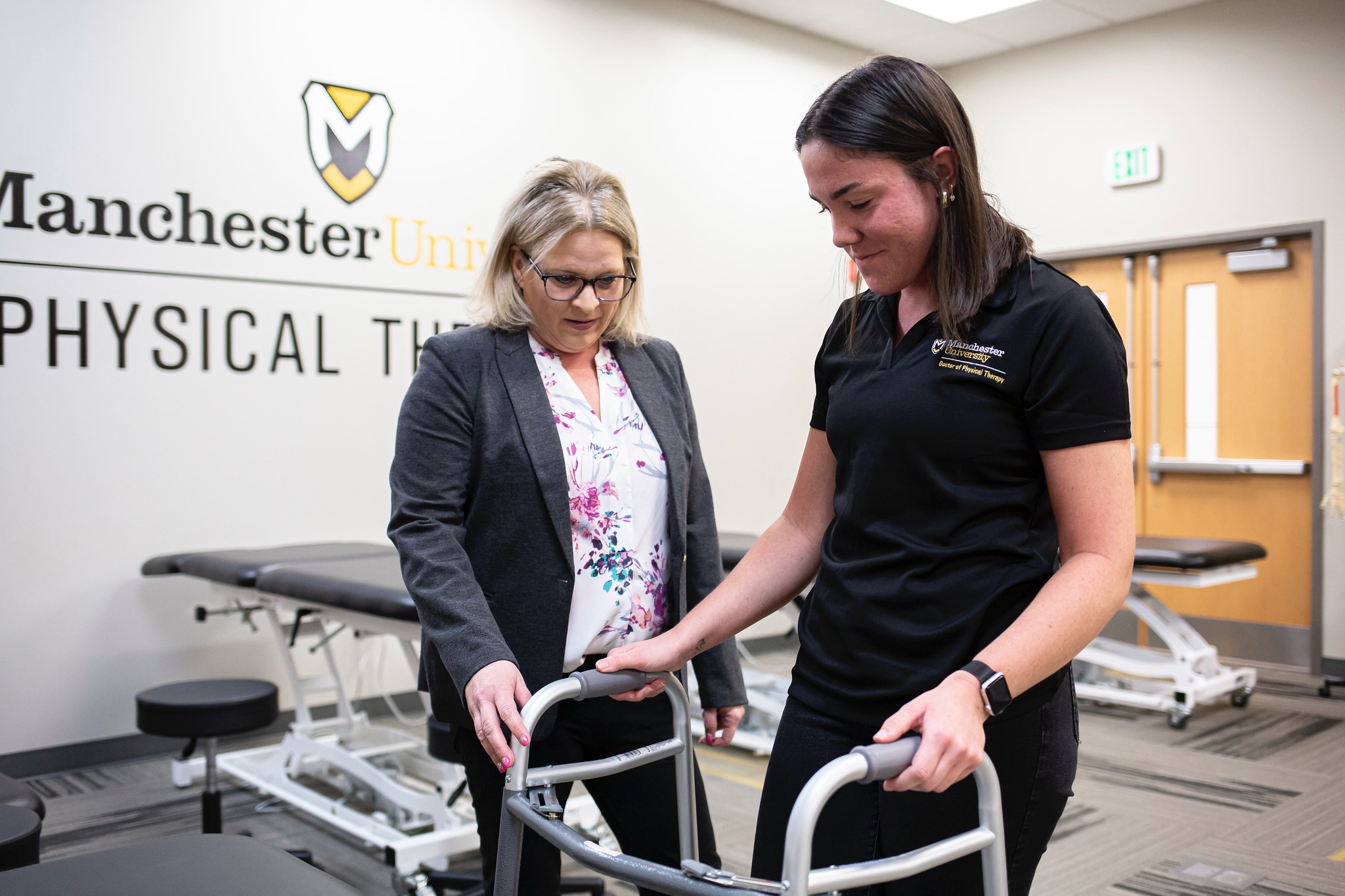
How the Pre-Physical Therapy Applied Program Supports Your Growth
What Does “Applied” Pre-Physical Therapy Mean?
An applied degree is a focused, career-oriented bachelor’s degree that requires 90 credit hours instead of the traditional 120. The Manchester University Pre-Physical Therapy Applied Program allows you a quick route to finish your degree in three years. It emphasizes practical, real-world skills over general education electives, preparing students to enter the workforce or attend graduate school sooner.
Students benefit by saving time and money—often graduating a year earlier and with significantly lower tuition costs.
Pre-Physical Therapy Courses and Curriculum
Manchester University’s Pre-Physical Therapy curriculum offers a science-rich, clinically grounded path toward graduate study in physical therapy. With a clear academic progression and 65+ available program credits, students gain the foundational knowledge and applied experience needed for DPT program readiness.
Example Courses:
-
2 Biology courses, excluding botany and zoology (labs preferred)
-
2 General Chemistry courses (labs required)
-
2 General Physics courses (labs preferred)
-
1 Human Anatomy course (lab required)
-
1 Human Physiology course(lab preferred)
-
1 Psychology course
-
1 Statistics course
Total Available Credits for Pre-PT Curriculum: 65+
Learning Outcomes
1. Students will demonstrate knowledge and understanding of the scientific terminology, facts, principles, laws, and concepts of exercise as appropriate for an entry-level health/fitness professional.
Student Learning Outcomes:
- Students will identify and master key concepts and principles of human performance (eg: General Physical Preparedness, General Fitness Markers, Nutrition, Strength and Conditioning, and enhancing Athletic Performance).
2. Students will apply fundamental human movement principles in the areas of anatomy, physiology, and biomechanics to a variety of exercise/fitness contexts and populations in order to design safe and effective training programs for a multitude of populations.
Student Learning Outcomes:
- Students will analyze functional movement to identify pre-existing conditions in human movement and how to best navigate limiting factors and optimize performance.
- Students will evaluate and create safe and effective exercise and fitness programs for a multitude of athlete/client populations.
3. Students will demonstrate the knowledge of behavior strategies to enhance fitness and health behavior changes, specifically in the areas of general health, nutrition, mental health, and athletic performance.
Student Learning Outcomes:
- Students will understand components of health and fitness plans in order to accommodate client and drive specific physical adaptations/goals.
4. Students will evaluate scientific literature to synthesize relevant information in exercise/fitness to be subject matter experts and contributing members of the field.
Student Learning Outcomes:
- Students will conduct research, interviews, and engage in academic discourse to showcase their mastery of the content and ability to contribute to the field.
Pathway to Manchester’s Doctor of Physical Therapy Program
Manchester’s Pre-Physical Therapy program is more than just preparation—it’s a launchpad. In addition to fulfilling undergraduate prerequisites for most DPT programs nationwide, this pathway gives you a competitive edge when applying to Manchester’s own Doctor of Physical Therapy (DPT) Program.
You’ll benefit from:
- Early exposure to graduate-level expectations
- Guidance from DPT faculty and advisors
- Opportunities for early assurance or streamlined admissions
With focused preparation and integrated advising, you’ll be positioned for success in the next phase of your healthcare journey.
Meet the Faculty
You Might Also Be Interested In These Programs

Non-Discrimination in the Admission Process
Manchester University is committed to non-discrimination in campus life. The University does not discriminate on the basis of national origin, ancestry, race, color, age, sex, gender identity or expression, sexual orientation, familial status, religion, disability or veteran status in admissions or any area of campus life, including its educational programs, scholarships and loan awards, residence life programs, athletic programs, extracurricular programs, promotion and tenure policies and practice, and alumni affairs.
Manchester University is committed to carry out the provisions of Section 504 of the Rehabilitation Act of 1973 and the Americans With Disabilities Act, which provide for accessibility of University programs to the physically disabled.





